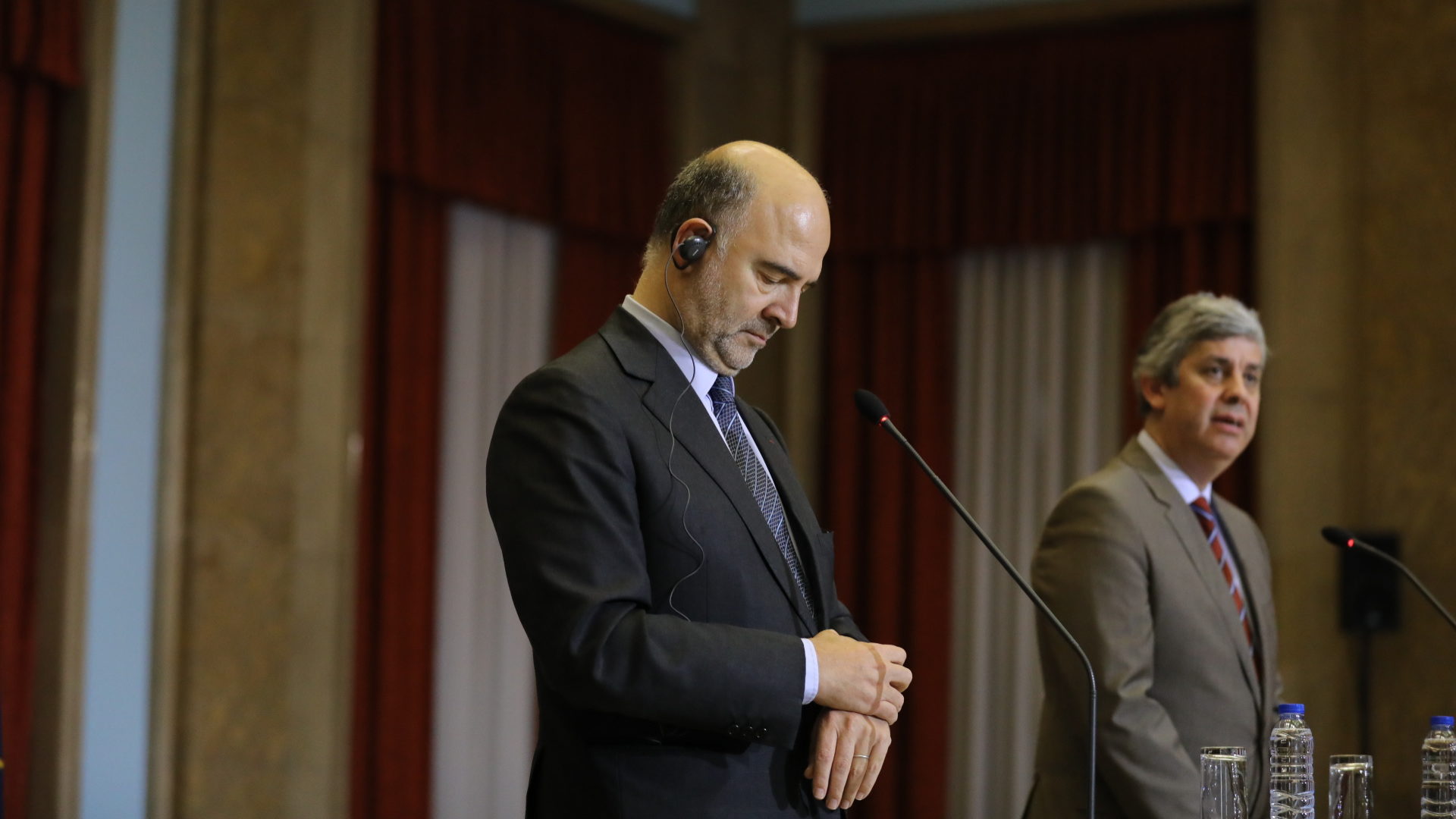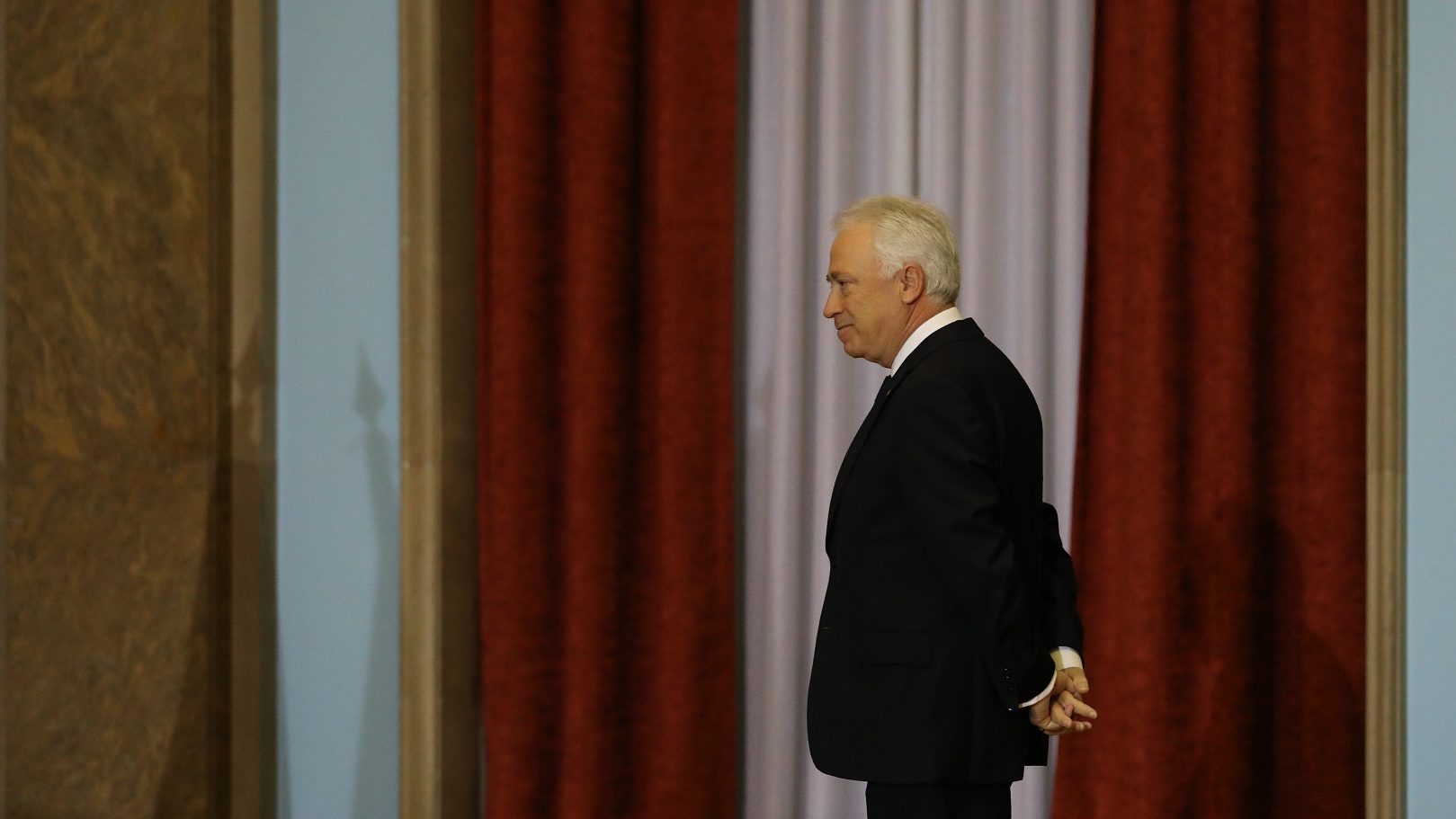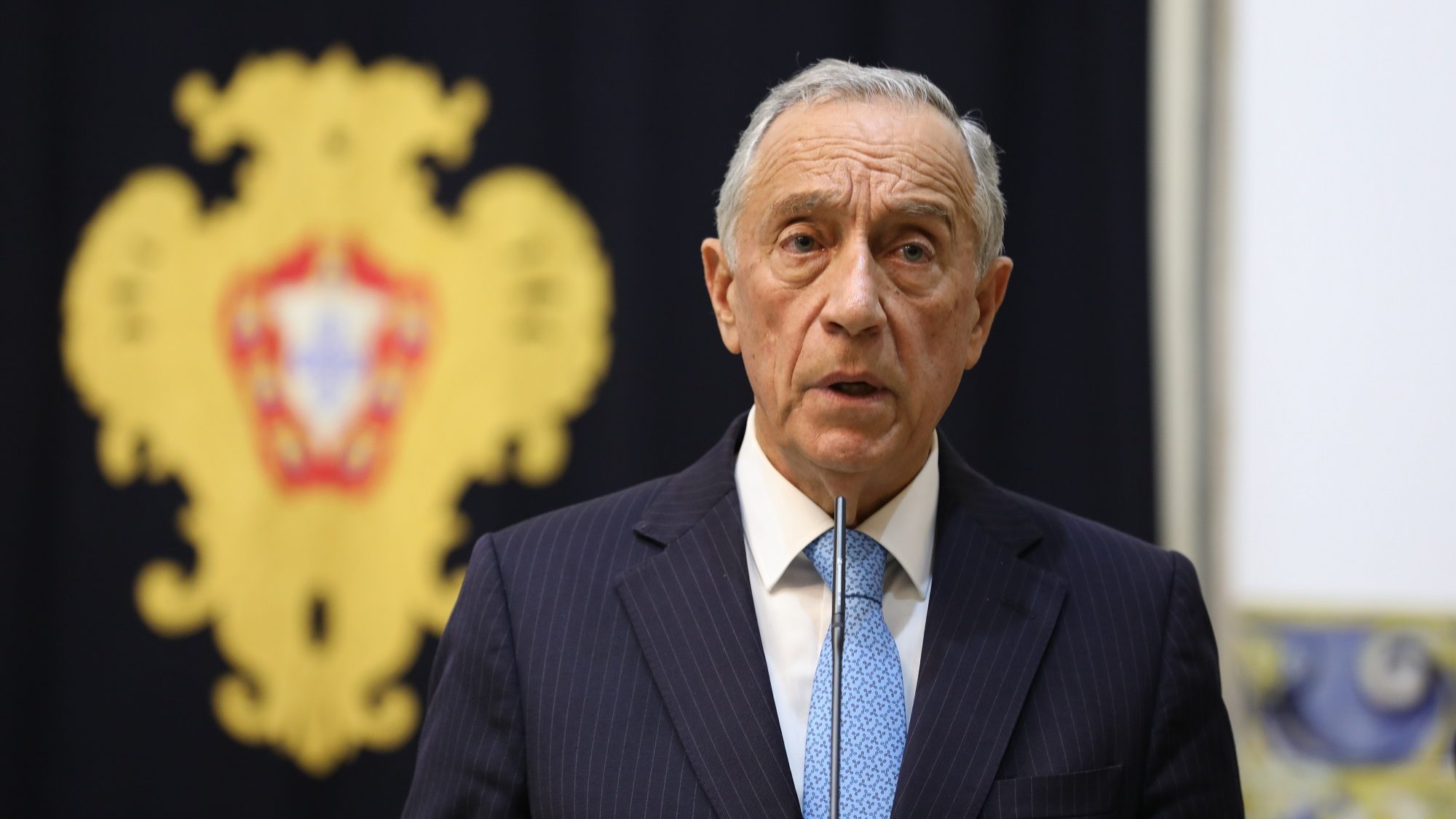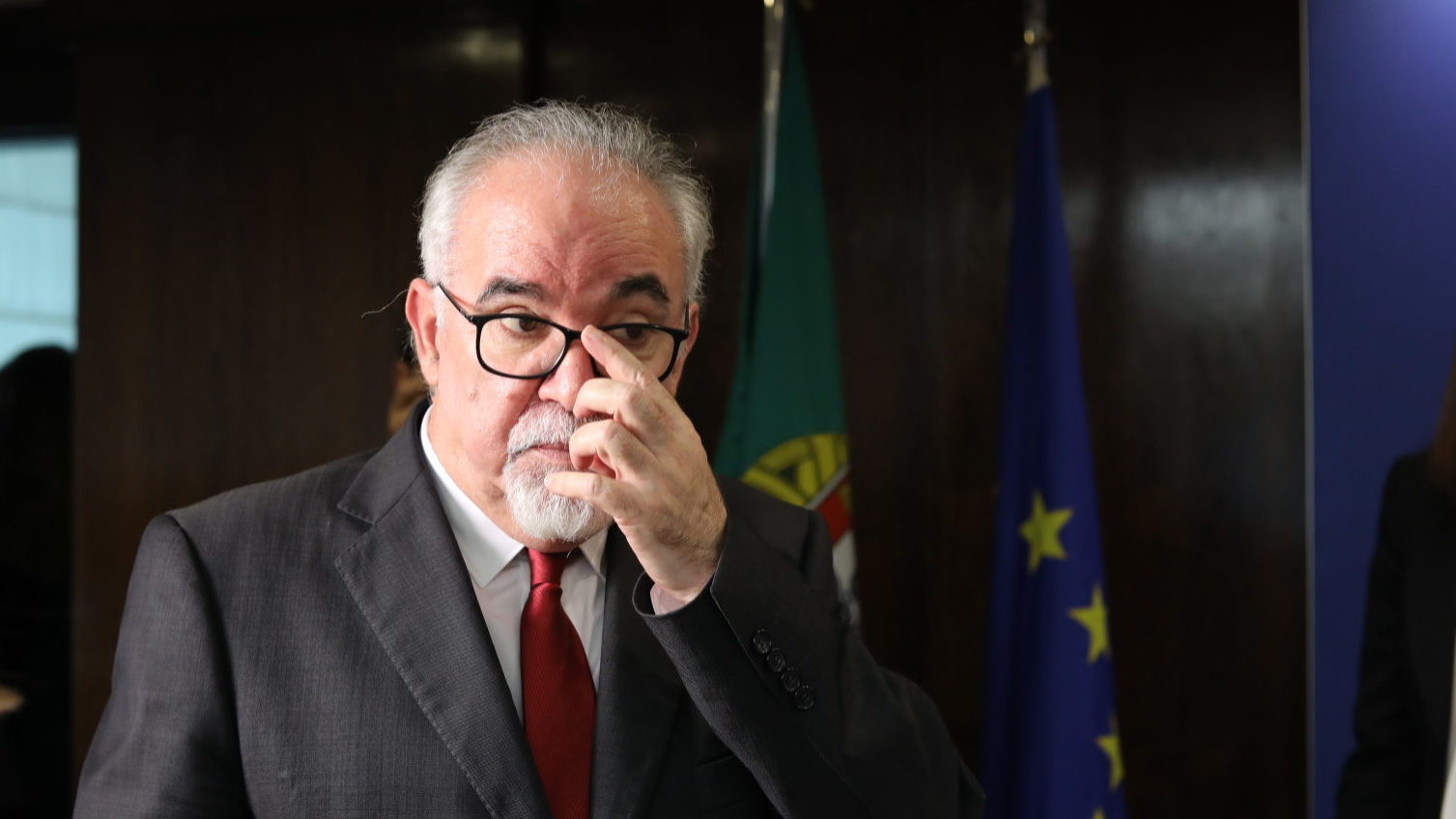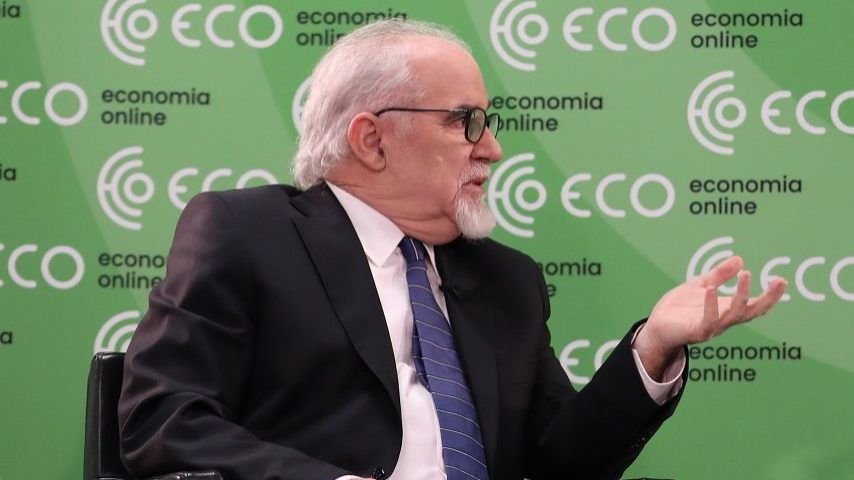The President wants a decrease in the Single Social Tax … or a plan B
The President endorses the Single Social Tax (TSU) decrease, although he believes there could be alternatives for it. The President also discusses the Portuguese banking and debt restructuring.
In an interview to the Portuguese TV channel SIC, the President of the Portuguese Republic Marcelo Rebelo de Sousa states he agrees with the Single Social Tax (TSU) decrease, stating it would be a good sign in terms of “private investment”.
The agreement – a 1.25 percentage points’ decrease in the TSU to help companies who must bear the 27 euros increase in national minimum wage – may not move forward, because the communist party (PCP) and the Left Block (BE) requested a parliamentary consideration, which will take place on January 25; the Portuguese Social Democratic Party (PSD) will also vote against the proposal.
If the Portuguese Parliament votes against the TSU decrease, the President states the goal should be to “safeguard private social charities (IPSS), all the Portuguese Holy Houses of Mercy (Santa Casa da Misericórdia) and SME either through the document or through another means”.
This means that Marcelo Rebelo de Sousa advocates for a plan B in case the Parliament does not accept the TSU decrease. One possible way to help compensate employers for the increase in the national minimum wage could be to reduce even further the tax companies must pay in advance to the state according to the profit they predict making (PEC), a measure the Portuguese Communist Party (PCP) has been advocating for.
“There are several paths for Novo Banco”
In his first major interview since taking office as Head of State, the President of the Portuguese Republic considers there are “several paths for Novo Banco”, but they must not mean breaking down the institution, ruining the achievement of having left the Excessive Deficit Procedure or sacrifice other banks.
Marcelo Rebelo de Sousa never states it, but it is clear he opposes the nacionalization of Novo Banco. Nonetheless, he emphasizes the decision must be made by the Bank of Portugal and the government, and be accepted by the European Central Bank.
Concerning Caixa Geral de Depósitos (CGD), the President disclosed the administration’s members will be made public during this week, which will end the uncertainty over the public bank’s interim management.
“Portugal is already restructuring debt”
Marcelo Rebelo de Sousa assures Portugal is already restructuring its debt, namely through the consistent deficit decrease and the replacement of securities for longer maturities and lower interests. The President also adds that to solve the issue of public debt it is important to “increase savings” and have an open dialogue with European partners to assure “Portugal doesn’t have an unreasonable and one-sided position”. Leaving the Excessive Deficit Procedure is seen by Marcelo Rebelo de Sousa as a great help to government policies.
In order to assess whether or not “the alternative path taken by the Government and its parliamentary support” lived up to expectations, Marcelo Rebelo de Sousa states we must wait for the final numbers of 2016, but he says it all points to the consolidation of the economic acceleration tendency.
